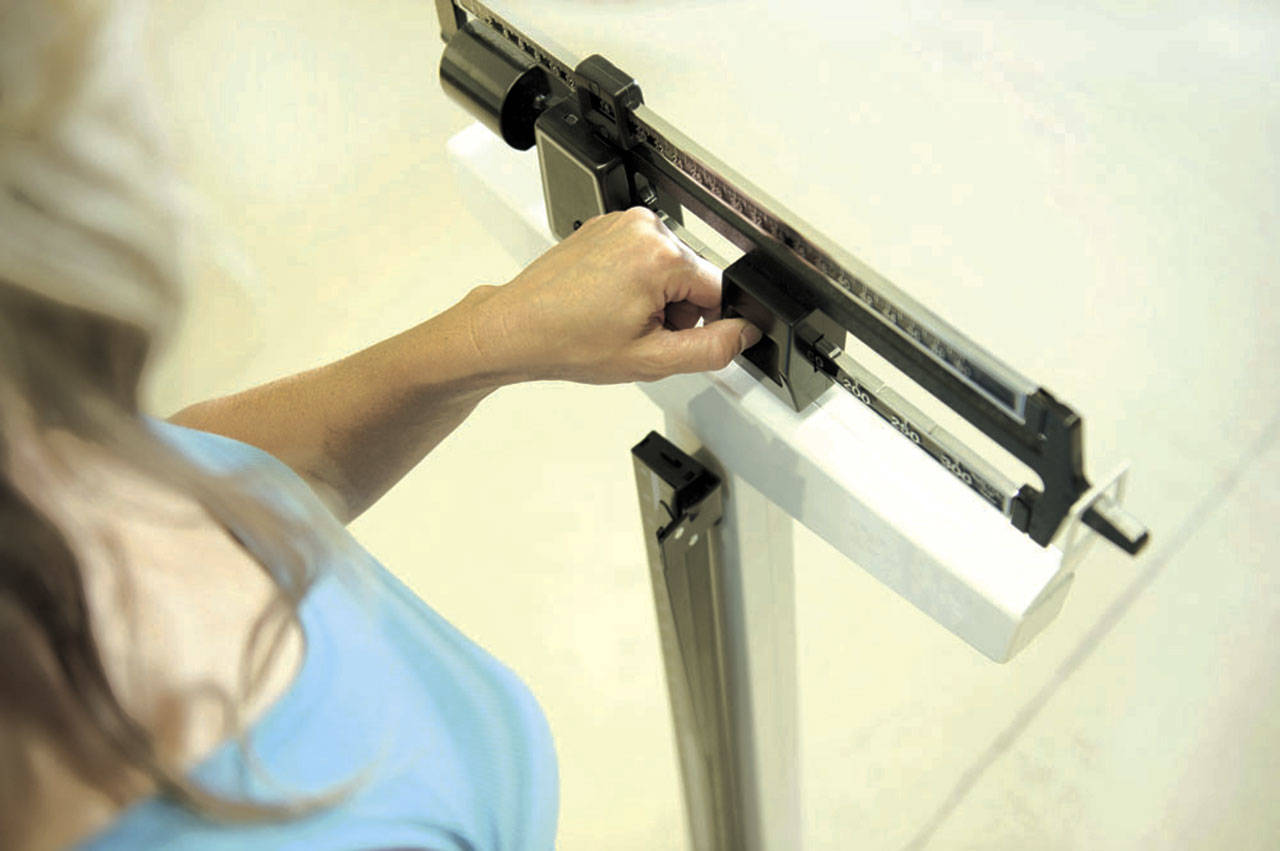On the outside, Bellevue native Kristin Nguyen looked like a typical college student. She studied, went to the gym and ate (for the most part) healthfully. But on the inside, she was struggling with something she didn’t even have a name for yet: Binge Eating Disorder (BED).
Now 26 years old and living in Mercer Island, Nguyen is sharing her story and hoping to inspire others living with invisible illnesses to seek help, especially as National Eating Disorder Week (Feb. 26 to March 4) approaches.
More than 30 million people in the U.S. will suffer from an eating disorder, and fewer than 30 percent seek treatment because of stigmas and misperceptions, or lack of education, diagnosis and access to care. BED is one of the newest eating disorders to be formally recognized, but it is now the most common one in the U.S., according to the National Eating Disorder Association.
Despite the fact that it affects millions of Americans, BED is a misunderstood mental disorder that has long been misdiagnosed. It involves frequent overeating marked by distress and lack of control, and for Nguyen, that meant that she was “good” during the week — sticking to a strict diet and exercise regimen — but binged on the weekends.
Nguyen was officially diagnosed with BED when she was 24, after she started researching eating disorders in hopes of helping a friend struggling with bulimia. She hadn’t heard about it before then.
“I learned more about [BED], and it completely aligned with what I was experiencing,” Nguyen said.
She decided to call the 24-hour nurse hotline on the back of her insurance card to get more information, and see an outpatient therapist and dietician who specialized in eating disorders. She then did a free, hour-long assessment session at Bellevue’s Eating Recovery Center (ERC) to confirm her diagnosis and figure out what to do next.
“When I learned that there was a name and a treatment plan and medical professionals there to make it better, it was such a relief,” she said.
ERC has three treatment programs: residential, partial hospitalization (PHP) and intensive outpatient. Doctors recommended PHP for Nguyen, which meant she had to spend 11 hours a day at the center, seven days a week. She ended up staying in the program for two-and-a-half months, then did the outpatient program (which took about three or four hours a day) for another few months.
When she announced that she was taking time off from work to seek treatment for an eating disorder, everyone was surprised, she said. She said it was a difficult decision, but worth it.
“I knew I was doing the right thing for myself,” she said. “It’s something I’ll always struggle with, but it gets significantly easier once you start to recognize cause of the behavior.”
She said she felt like she had a problem with food while in college, and that she had reached out to four or five different therapists, but no one — even family and friends — believed something was wrong with her.
Looking back, she realized that she hid some of the warning signs — counting calories, taking diet pills and “obsessing over the scale” — from those close to her, because she felt sad and ashamed. And she was often praised for the way her body looked.
“I think the biggest myth is that you need to look super sick and skinny for something to be wrong,” she said.
Now, she is spreading the message that “it’s OK to not be OK.” She said that society puts a lot of pressure on women, and men, to look and act a certain way — and that there’s sometimes added pressure in places like Bellevue and Mercer Island — but that people struggling with eating disorders and other mental illnesses shouldn’t be afraid to reach out, ask questions and get help.
“If you think something’s wrong, something is probably wrong,” she said. “Don’t sell yourself short, even if other people are telling you otherwise.”
Once she was able to get past the cycle of binging and restricting, her recovery centered on addressing the underlying causes. She was also diagnosed with depression and anxiety.
“I had to figure out, what is it that makes me sad? It’s really good work to do for anybody,” she said. “But the food portion makes it complicated because your body wants certain things to deal with the sadness.”
Nguyen likened her disorder to an addiction, but one that can go unnoticed, or unrecognized.
“Eating disorders sometimes get overlooked because people think your body isn’t physically addicted, so it should be easy to stop,” she said. “But it’s very similar to an addiction. You depend on that brief high, that feeling to cope with whatever you’re going through.”
She still sees a therapist every week and a dietician every other week. It works for her, though she said the recovery process is different for everyone.
“Everybody’s battle is totally unique and specific to that one person,” she said.
If you think you or your loved one might have an eating disorder, take an online quiz at eatingrecovery.com.


